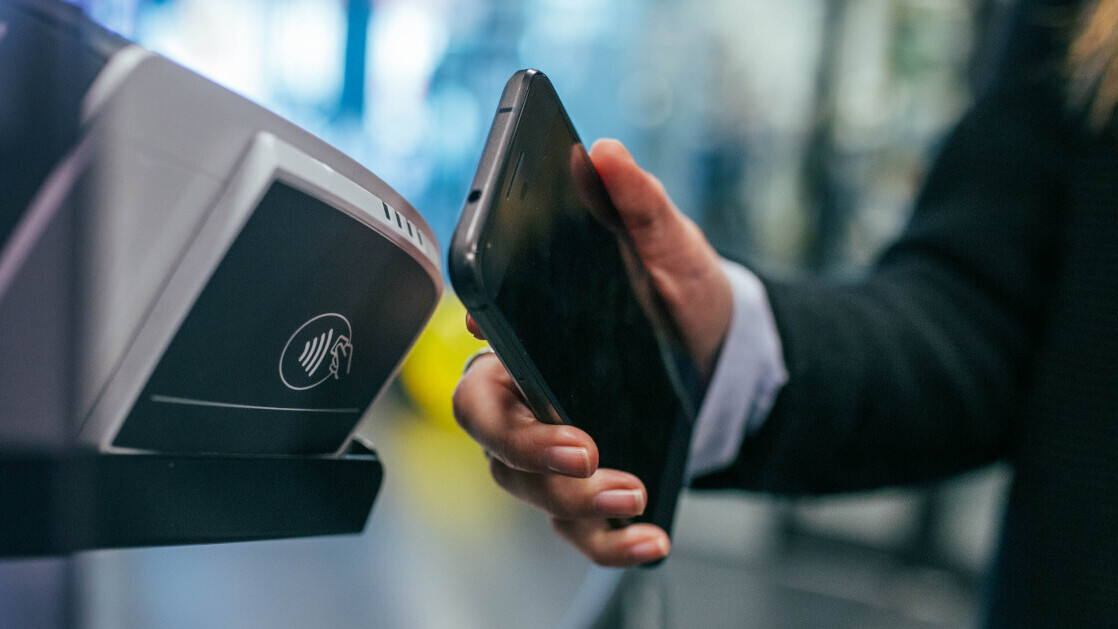This article was written by Francois Mottet, Head of Product Strategy at Flowbird on The Urban Mobility Daily, the content site of the Urban Mobility Company, a Paris-based company which is moving the business of mobility forward through physical and virtual events and services. Join their community of 10K+ global mobility professionals by signing up for the Urban Mobility Weekly newsletter. Read the original article here and follow them on Linkedin and Twitter.
The Business of Mobility is an Urban Mobility Company series highlighting some of the most successful new businesses in the mobility sector. Featuring a closer look at the way in which companies stand out, CEOs, Directors and other c-level executives elaborate on what it takes to turn a great idea into a great company.
In 2018 two leaders in parking and ticketing (Parkeon and Cale) joined forces to form Flowbird. Headquartered in Paris, Flowbird serves some 5,000 cities in 70 countries with IoT solutions for smart urban mobility and parking. In this article, Francois Mottet explains how Flowbird is creating a pathway to mobility as a service (MaaS) with its open payment innovations.
Open banking and open payment
Open payment is part of a revolution in financial services that falls under the general term “open banking,” which allows third parties to access data from consumer banking transactions to deliver innovative new services. Thanks to open payments, companies like transport operators can manage and monitor payments without needing to build their own payment and ticketing systems from the ground up.
Why is open payment so important for transport and mobility?
Consider that in 2010, as this First Data White Paper attests, Transport for London was spending £100 million annually to administer its payment card system. Public transport operators need not spend this type of money layering a payment system on-top of existing global payment networks, which companies like MasterCard, Visa, and Carte Bancaire (CB) have already created. What’s more, an open payment system is hugely convenient.
Travelers simply need to tap their contactless bank card, or contactless smartphone payment app, and then present that same card when they board the bus or the train. The entire payment and ticketing transaction is managed via an open payment system.
Managing the backend with CloudFare
To make things simple for the commuter, such a system requires that we build an API (application programming interface) that interfaces with the payment network processor (e.g. MasterCard or Visa) to deliver all the relevant information to the transport operator. CloudFare is our white label cloud-hosted mobility management system, which includes Software-as-a-Service (SaaS) and ticketing as a service.
With CloudFare we can manage discounts for multiple journeys and apply fare capping rules on behalf of the operator. Customers needn’t buy a pass to reduce their transport costs; the system works out their usage and guarantees the best fare. And, through our own Payment Acceptance System connected to a financial service institution, we guarantee operators a secure revenue settlement process. CloudFare makes things that much simpler for users and for transport operators, making it possible to use your bank card as a bus pass, as this case study from Laval, Canada explains.
Open Payment and MaaS
As Flowbird CEO Bertrand Barthelemy described ‘cross-modality’ in a 2019 interview, “Transport services that are separately managed are seamlessly linked so that they function as one for the end user.” ‘Cross-modality’ is another word for mobility-as-a-service (MaaS), something many cities across the world are striving for. Open payments and other ‘open banking’ innovations will help us realize the MaaS dream as companies like ours set up APIs that use data from mobility providers to facilitate mobility services.
Flowbird is currently able to deliver contactless card ticketing and payment systems to public transport operators across the world, either by integrating with their legacy systems or creating a brand new one. But for now – given the strict procedures of MasterCard and Visa – we have not yet delivered open payment solutions for smaller mobility operators. Our current park-and-ride projects have proved that we can have cross-modal integration on an open payment system, and it’s only a matter of time before we put multiple players (big and small) on one system to lay the payment and ticketing foundations of a seamless MaaS offering.
Into the future
I started off at Parkeon some fifteen years back, and it’s been an exciting trip seeing how fast things have changed in our industry. Going from a core business that delivered parking payment ticketing solutions to helping build an entirely new industry – MaaS – is hugely exciting. We now have the technology for cities to improve transport services for citizens while reducing pollution and congestion.
It’s great being on the cutting edge of change and being recognized for it, as we were recently when Flowbird won an Innovation Award for its open payment expertise. However, the real joy is in seeing how we can facilitate the move away from single-car ownership to shared mobility platforms, something which open payment is revolutionizing.
Do EVs excite your electrons? Do ebikes get your wheels spinning? Do self-driving cars get you all charged up?
Then you need the weekly SHIFT newsletter in your life. Click here to sign up.
Get the TNW newsletter
Get the most important tech news in your inbox each week.






